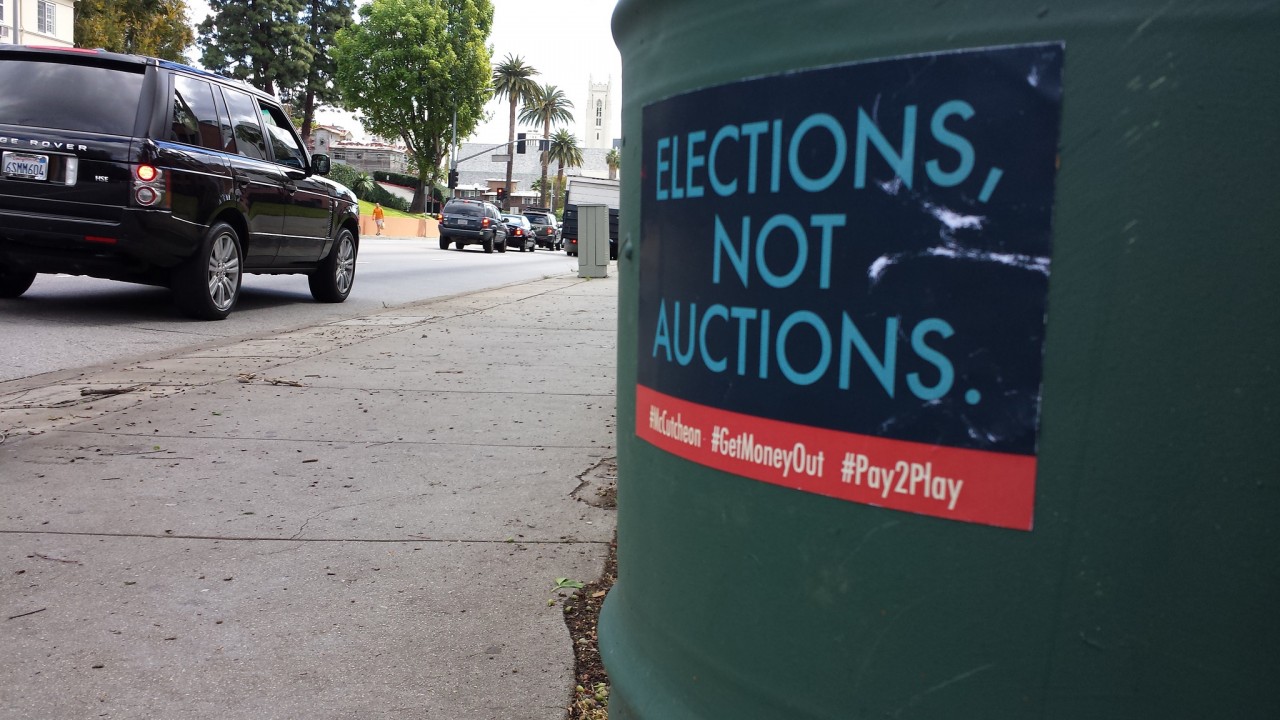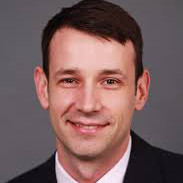
This post originally appeared at The Brennan Center for Justice.
So far in this election cycle, the Republican Speaker of the House, Paul Ryan, has collected at least 22 checks of $244,200 each. Democratic presidential candidate Hillary Clinton has raised at least eight checks made out for $353,400 each. These are just the biggest of dozens of six-figure contributions that Ryan, Clinton and other prominent politicians have accepted. What all those checks have in common — besides being drawn on very large bank accounts — is that they would have been above the legal limit two years ago.
Federal law used to limit how much individuals could give to all the candidates and parties overall in each two-year election cycle. In 2014, this aggregate limit was $123,200. But two years ago this month, the Supreme Court ruled in favor of Alabama businessman Shaun McCutcheon, who argued his right to free speech was violated by the law preventing him from donating a total of more than $123,200 to politicians in a single election cycle.
In a narrow 5-4 ruling, the Court struck down the aggregate limit in McCutcheon v. FEC. It left in place limits on how much each candidate and party committee can take from an individual, so that federal candidates are each still limited to taking $5,400 in each election cycle — although a donor can now give $5,400 to as many candidates as he or she wants.
Months after the ruling, Congress snuck a last-minute provision into an omnibus spending bill that effectively raised the contribution limits on party committees several times over, opening the spigot even wider. The vast majority of the money coming in through six-figure checks goes to the party accounts created by that provision.
McCutcheon was one of a steady stream of deregulatory decisions from the five-justice conservative majority on the Roberts Court. These decisions have shown a deep disconnect between the Court’s pronouncements and the realities of campaign finance.
Presidential fundraising has already revealed that the “wild hypotheticals” scoffed at by Justice Samuel Alito, who joined the majority in McCutcheon, are actually happening. Politicians create joint fundraising committees that take a single large check and distribute the money to several distinct campaign and party committees. Although those committees remain subject to their own contribution limits, they can transfer money amongst themselves in ways that effectively allow donors to evade the limits.
But despite the attention paid to the money fueling the presidential race, big donors can have much greater influence by focusing on congressional races. Less expensive elections can mean more bang for the donor’s buck.
And the recent legal changes allow those who control Congress to amass huge sums. Politico reported that, of the $17 million Ryan raised last quarter, $9 million came from donors who gave more than $50,000. Several husband-and-wife pairs gave almost half a million each. Aside from committees focused on Clinton and President Obama, the richest joint fundraising committees are all controlled by House leadership: Ryan, his predecessor as Speaker, John Boehner, Majority Leader Kevin McCarthy and Majority Whip Steve Scalise have together raised more than $50 million so far this cycle, with most of the money going to the National Republican Congressional Committee. Several donors have spread big checks around to more than one of these joint fundraising committees.
All in all, these recent changes have made it easier for the richest few Americans to provide a greater portion of the money fueling our elections. These changes are taking us in the wrong direction, away from a political system where everybody has the opportunity to meaningfully participate. The Court must alter its course. It remains to be seen whether the change in membership due to the death of Justice Antonin Scalia will spur movement in the right direction.




